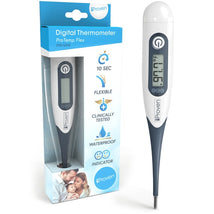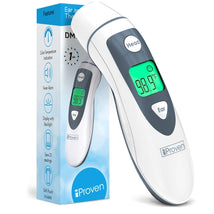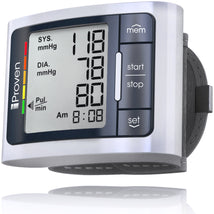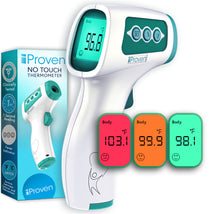Do you ever wonder why you feel cold?
Once your body feels cold, it will send out a message to your brain that will make you get a blanket to cover up your body or you might start having chills. It is a way for your body to raise your core temperature.
Your hands and feet are the most common parts of your body to feel cold. They are the parts of your body furthest away from your heart, so when blood gets to them it may be cooler and these parts have very small blood vessels.
Your body temperature differs depending on the part of your body. With the rectum being the warmest (36.32–37.76°C/ 97.38-99.25°F), ears (35.76–37.52°C/96.37-99.54°F) and the mouth (35.73–37.41°C/96.31-99.34°F). The armpit (35.01–36.93°C/95.02-98.48°F) is the coldest temperature measuring site of the body.
All of us complain of being cold when we feel a sudden change in temperature or especially when winter is just around the corner. To some it is normal to feel cold no matter the weather, but there are many reasons why we feel cold.
Here are some of the reasons:
Metabolism
Metabolism is the chemical reactions in the body's cells that change food into energy and this process can make your body feel warmer.
According to a research published in Journal of Applied Physiology: Respiratory, Environmental and Exercise Physiology, men have a metabolic rate 23% higher than that of a woman. That is why women get cold feet more than men because their metabolism is slower than men’s.
Hormones
Body temperature can change due to hormone level, especially in women.
The rise of progesterone during ovulation causes elevated body temperature. After the ovulation period, progesterone level drops and the body temperature will go back to its normal state.
Time of the day
Our body experiences changes every second and it includes our body temperature. Not only a person’s hormones cause elevated body temperature, but the weather as well.
Normal body temperature is at 98.24°F(36.8°C). A difference of +/- 0.4°F or +/- 0.2 °C is still acceptable as your body temperature is changing throughout the 24-hour period and does not stay the same.
If you want to know your true body temperature, you should get your Basal body temperature. It is the lowest body temperature when you are fully at rest. It is usually taken by a temperature measurement immediately after waking up and before getting out of bed.
Health Conditions
Low body temperature may suggest a health condition such as:
- Hypothyroidism - Thyroid is a gland that produces hormones that have an enormous impact on your health, affecting all aspects of your metabolism. These hormones also influence the control of vital functions, such as body temperature and heart rate. If your thyroid glands are not functioning well, your metabolism slows down and stops producing as much heat and you can feel cold.
- Raynaud’s disease - is a rare disorder of the blood vessels, usually in the fingers and toes. It causes the blood vessels to narrow when you are cold or feeling stressed. When this happens, blood can't get to the surface of the skin and the affected areas turn white and blue.
- Anemia - is a condition in which you lack enough healthy red blood cells to carry enough oxygen in your body. Our blood helps spread warmth and oxygen throughout your body, and not having enough blood can lead to you feeling cold.
Some ways that can make you feel warm:
- Food - Foods that generally contain more fat, protein and carbohydrates often heat the body up while digesting food.
- Physical Activity - can increase blood flow and help your body feel warmer.
- Clothing - wearing several layers of fabric can trap your body heat and keeps you warm. If you can keep your hands, feet, and head covered with something warm, you can better preserve your core body temperature.
Now that we are in the winter season, please do not forget to take extra care and make sure that you maintain your body heat.
Feeling cold may be normal to some, but you should not take out the possibility of seeking professional help.
Want to know more about how you can keep track of your health? Check out our other blogs!










![iProven DMT-77 No-Touch Forehead Thermometer for Adults, Kids, Babies [Superior Accuracy, Upgraded Fever Alarm, Quiet Vibration Alerts] Digital Infrared Baby Thermometer with Ear Mode, Hypothermia Alarm](http://iproven.com/cdn/shop/files/AMI_DMT-77_image1_V3.3_MP_1_214x.jpg?v=1690531003)










